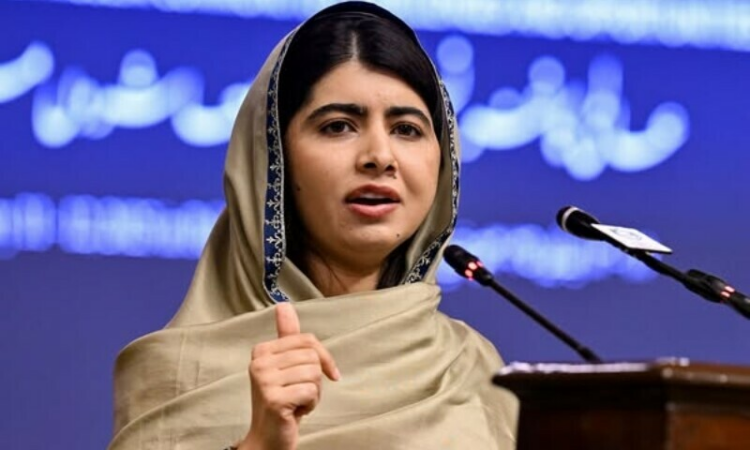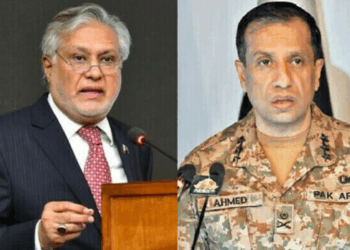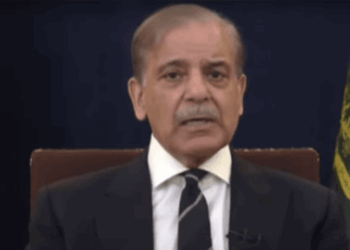Islamabad, January 12, 2025: Nobel laureate Malala Yousafzai strongly criticized both Israel and the Afghan Taliban government for their actions against girls’ education, urging the Muslim world to move beyond rhetoric and take meaningful action.
Speaking at the international summit on ‘Girls’ Education in Muslim Communities’ in Islamabad, Malala highlighted the severe impacts of violence and restrictive policies on education systems in Gaza and Afghanistan.
“In Gaza, Israel has decimated the entire education system,” Malala stated, emphasizing that schools and universities have been targeted, with 90% of educational institutions destroyed and civilians seeking shelter in school buildings indiscriminately attacked.
The two-day summit focuses on addressing the plight of millions of girls in Muslim-majority countries who remain out of school.
Malala, often criticized for not previously speaking out on Gaza’s plight, vowed to hold Israel accountable for its violations of international law. She highlighted the grim reality faced by Palestinian children who have lost both their lives and future.
“A Palestinian girl cannot have the future she deserves if her school is bombed and her family is killed,” she said. Malala also pointed out dire situations faced by girls in countries such as Yemen and Sudan.
Turning to Afghanistan, Malala described the Taliban’s treatment of women and girls as part of an ongoing “gender apartheid.” Since regaining power in 2021, the Taliban have banned girls from attending secondary schools and universities, making Afghanistan the only country in the world to impose such restrictions.
“For the past three and a half years, the Taliban have stripped Afghan girls of their right to education,” Malala said. “They have weaponized our faith to justify their actions and issued over 100 laws to systematically erase women and girls from public life.”
She urged the Muslim world to hold the Taliban accountable, emphasizing that their actions have no basis in Islamic teachings. “There is nothing Islamic about denying girls the right to education or treating women as less than human,” she remarked.
The Pakistani government, however, faced criticism during the summit as parts of Malala’s speech—specifically those addressing Pakistan’s 2023 mass deportation of Afghan refugees—were censored by state television.
“I cannot imagine an Afghan girl or woman being forced back into a system that denies her future,” Malala said, in comments removed from the broadcast.
Malala’s activism has been a global symbol for girls’ education since she survived a life-threatening attack by the Pakistani Taliban at the age of 15. Her work earned her the Nobel Peace Prize in 2014.
She called on Muslim leaders to actively champion girls’ education and label the Taliban regime as perpetrators of gender apartheid. “We must not compromise on our faith,” Malala urged, calling for concrete international measures to hold the Taliban accountable.
Malala also addressed challenges within Pakistan, where 12.5 million girls are out of school. “The right to education for every girl in Pakistan must be protected. We must ensure that every girl completes at least 12 years of education,” she said.
The summit concluded with a call to action for scholars and leaders to advocate for women’s and girls’ rights across Muslim-majority countries, aiming to bring justice and political solutions to ensure equality in education.







